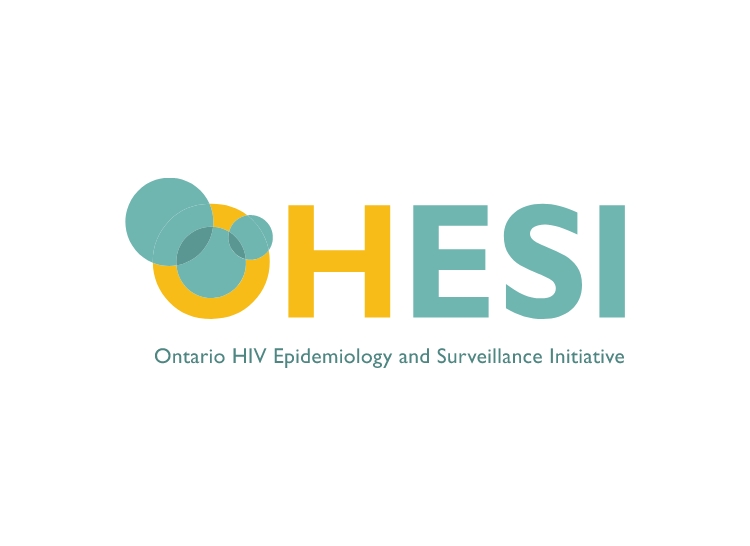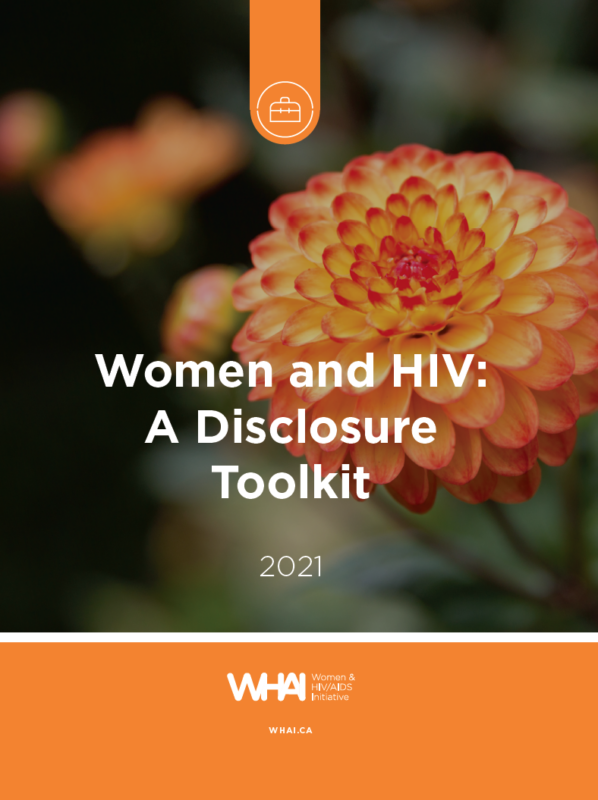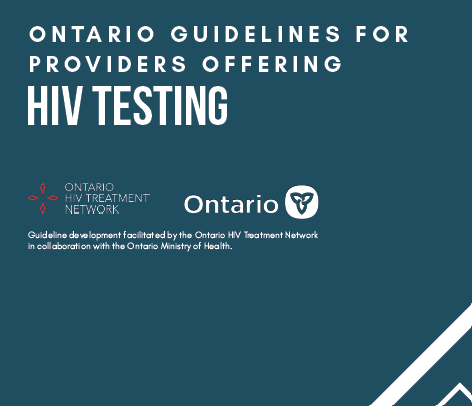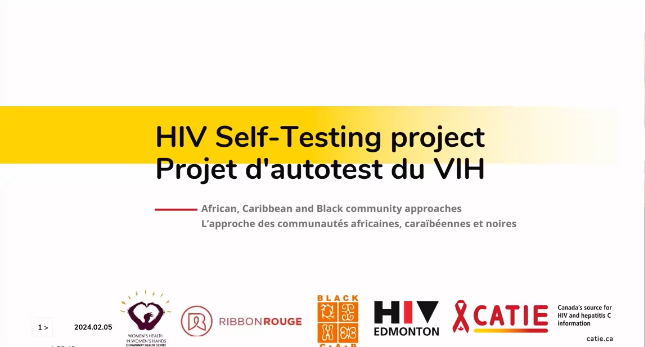HIV Testing
HIV testing can help women be empowered to take control of their health. Recently, Ontarians have more options for how they can test, including HIV Self-Testing.
Why test for HIV?
Testing for HIV and other sexually transmitted and blood borne infections (STBBIs) is an important step, empowering women to connect with treatment and care, take control over their health, and prevent further transmissions.
When is the best time to get tested for HIV?
In Ontario, it’s recommended that you get tested for HIV as soon as possible after a potential exposure, at 3 weeks after the exposure, and at 6 weeks after the exposure.
For more information about Ontario’s newly released HIV Testing Guidelines, see Ontario Guidelines for Providers offering HIV Testing (2023).
It’s recommended to test multiple times after a potential exposure because HIV may not show up right away. A positive test at any of these time points indicates HIV infection. A negative result at all three of these time points rules out HIV infection from that exposure.
What to Know Before Testing
Before getting an HIV test, it is important to understand the different types of tests available, the possibility of a positive test result, and HIV treatment options.
Types of HIV Testing
In Ontario, there are five types of tests available.
HIV Self Testing & Women
The HIV Self Test was approved in Canada on November 3, 2020. Unlike other types of HIV testing, this test is a do-it-yourself test, much like a home pregnancy test. This means you follow instructions to collect your blood sample, conduct the test, and read the results yourself.
Self Testing How-To
More information on these programs will become available as they progress. To see how the HIV Self Test kit works, please check out this short video.

Community Voices
Our work is always informed by the lived experiences of women.


“Women don’t know what help is available and bridges are needed to connect more women to resources.”
Featured Resources From WHAI

OHESI: HIV Tests in Ontario – 2021 Report

Women and HIV: A Disclosure Toolkit
Find a WHAI Coordinator Near You
You can connect with a WHAI Coordinator through community organizations across Ontario.



